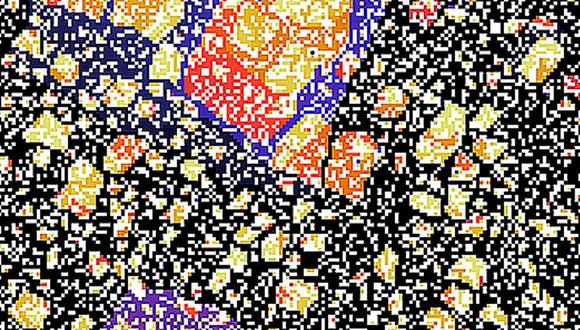Biological & Soft Matter Seminar: Protein storage vacuoles and autophagosomes form by similar physical mechanisms
Dr. Roland L. Knorr, Max Planck Institute, Germany
Abstract:
Proteins are components and nutrients essential for the growth and maintenance of the human body. The most important protein source worldwide are plants and the majority of plant protein consumed is packed in protein storage vacuoles (PSVs) of seeds in all major crops including wheat and soy. How highly fragmented PSVs storing protein derive from a single, vegetative vacuole functioning in protein degradation is little understood. Here, we investigate the mechanisms of PSV generation. We find in living embryos that vacuolar phase separation generates storage protein droplets with liquid-like properties. A physical model combined with reconstituted droplet-membrane interaction shows that partial wetting of proteinaceous droplets on membranes determines droplet engulfment by a process we call liquid scaffolding. We thus demonstrate that phase separation and engulfment are the mechanisms underlying the formation of physically separated droplets of storage proteins, which may be important to reprogram degradative vacuoles into storage vacuoles by restricting the access of vacuolar proteases to developing protein reservoirs. Further, we demonstrate that the autophagosomal sequestration of cytosolic droplets underlies similar physical principles.


